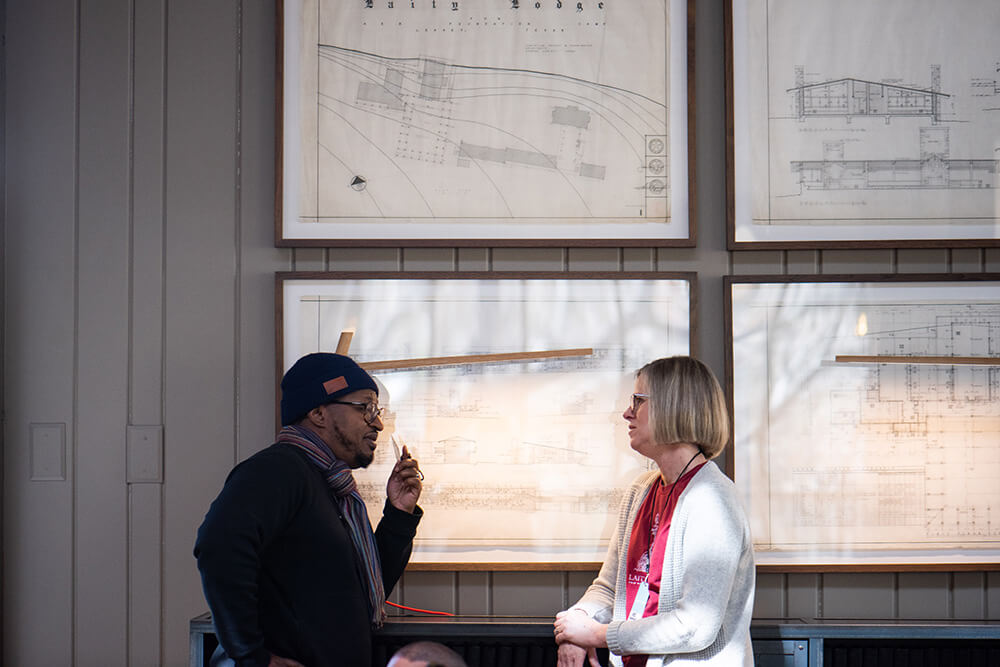
Last Friday afternoon, I took a chance and called a friend. It wasn’t much of an action, but it was all I could think to do after days of absorbing images of grief and turmoil in response to the killing of George Floyd. I’m only just starting to come to terms with the stark differences in experience between people based on the color of their skin and the ZIP code of their birth, and I struggle to know what is my part and what is our organization’s part to play in healing.
But I remembered something a black colleague of mine had mentioned a few weeks ago—that her son was turning 18, and he’d be out of the house and on his own more. She was worried for his life—what would happen when he got pulled over? What if he was walking the neighborhood alone at night? When my son turned 18, it was only cause for celebration. Her words haunted me.
So I picked up the phone. When she answered, I told her I didn’t have the right words for how I feel about what we’re going through as a country and what people of color have gone through… and through…and through, but I wanted her to know that I was thinking of her.
She seemed glad I took the chance. That gave me the courage to do another phone call. And then another. I called a black friend I’ve known since high school. Then an old college buddy. Then someone I befriended at a conference we hosted several years ago.
One friend—a successful man who said he’s lived in majority-white communities for most of his adult life—told me stories of being looked at curiously by white people in his own neighborhood. “It happens all the time,” he said. Another told me stories of being pulled over and harassed.
This is awkward to write about, and it feels strange to admit. But these conversations made me realize again how much I have to learn, how much listening I have to do.
I’m sharing this story as a way of saying I care about racial inequities. The H. E. Butt Foundation cares. We’re more aware than we used to be about these challenges, and how the gaps of opportunity that exist tend to fall along racial lines.
We certainly don’t have answers. But we are taking action, starting with ourselves. Late last year, we began to work on diversity and inclusion internally and in our programs. We are also building a storytelling project with the intention of helping all of us know our neighbors, especially our neighbors who have experienced deep neglect. We’re having hard conversations, and we’re listening.
You may be in the same place we are—wanting to take action, but also wanting to educate yourselves. One place to start is Arrabon, an organization we’re working with that helps faith-based communities pursue reconciliation, and their page of free resources.
Our hope, ultimately, is in Jesus and his promise of making all things new. That includes our relationships with him, and it also includes our communities becoming places of peace and justice, God’s creation restored for all creatures.